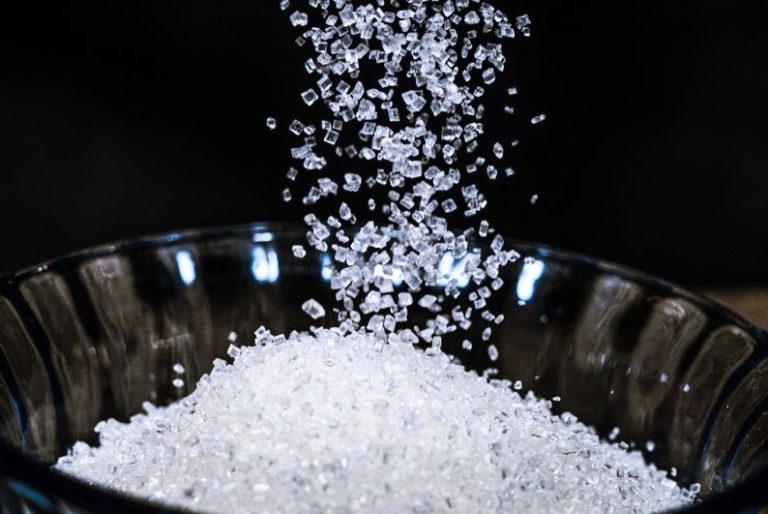Cairo – A tense atmosphere and successive increases have taken place in the Egyptian sugar market as the supply of the product dwindles and its consumer price exceeds EGP 55 (USD 1.78). This has led the government to threaten to intervene and take harsh measures to control prices and limit unjustified hikes.
The division for Sugar, Confectionery and Chocolates of the Food Chamber of the Federation of Egyptian Industries has called for an urgent intervention to tackle the sugar supply shortages, used as raw material in the country, and for food industries to be able to participate again in the sugar auctions in the Egyptian Exchange to meet their needs.
Hassan Al-Fendi, who heads the Sugar division at the Federation of Egyptian Industries, said it is necessary to work towards regulating the production processes of finished goods to meet the demands of both the domestic and international market, that latter contributing to the foreign exchange inflow and consequently to the market stability.
The Sugar division underlined the importance of developing a sustainable strategy based on contracts between sugar producers and companies that use the product as raw material in their production lines, thus contributing to the stability of sugar trade circles.
Sugarcane production in Egypt starts in early January and runs through May every year, while sugar beet production starts in February and runs through August. Egypt produces approximately 2.5 million tonnes of sugar annually, while the domestic consumption ranges from 3.1 to 3.3 million tonnes per year. The gap between production and consumption is filled by imports.
Sugar prices in the Egyptian market are the highest ever posted. The price per kilo soared to EGP 55 (USD 1.78) in November from EGP 40 (USD 1.29) in October.
The government proposed an initiative to cut by 15-25% the prices of seven staple foods by increasing their supply, which would result from speeding up customs procedures and clearances at ports. These goods would include sugar, whose price the government estimates to reach EGP 27 (USD 0.87) in food points of sales owned by the government of Egypt.
Mandatory prices
Ali Al-Muslehi, minister of supply and internal trade, raised the prospect of using the article 10 of the Consumer Protection Act that allows the Cabinet of Egypt to impose mandatory prices to strategic goods, in order to control prices. While the government hasn’t made use of this clause yet, it is still an option on the table of the government, which can use it if needed with the purpose of controlling the markets. The minister gave the traders a ten-day deadline to put their sugar stocks on the market.
Likewise, the General Authority for Supply Commodities (GASC), responsible for importing foods on behalf of the government of Egypt, received earlier this week bids supply bids of 50,000 tonnes of raw sugar, the lowest price reaching USD 690 a tonne. It received offers of 50,000 tonnes of white sugar for USD 760 a tonne through a tender floated last week. The Authority also studies the deals presented by international suppliers.
Egypt imports 700,000-900,000 tonnes to fill the production-consumption gap. GASC purchased 150,000 tonnes of raw sugar from Brazil, 100,000 tonnes of which from Viterra that arrived in September and October, while the other 50,000 tonnes were supplied by Alvean, landing in September.
Translated by Georgette Merkhan & Guilherme Miranda




